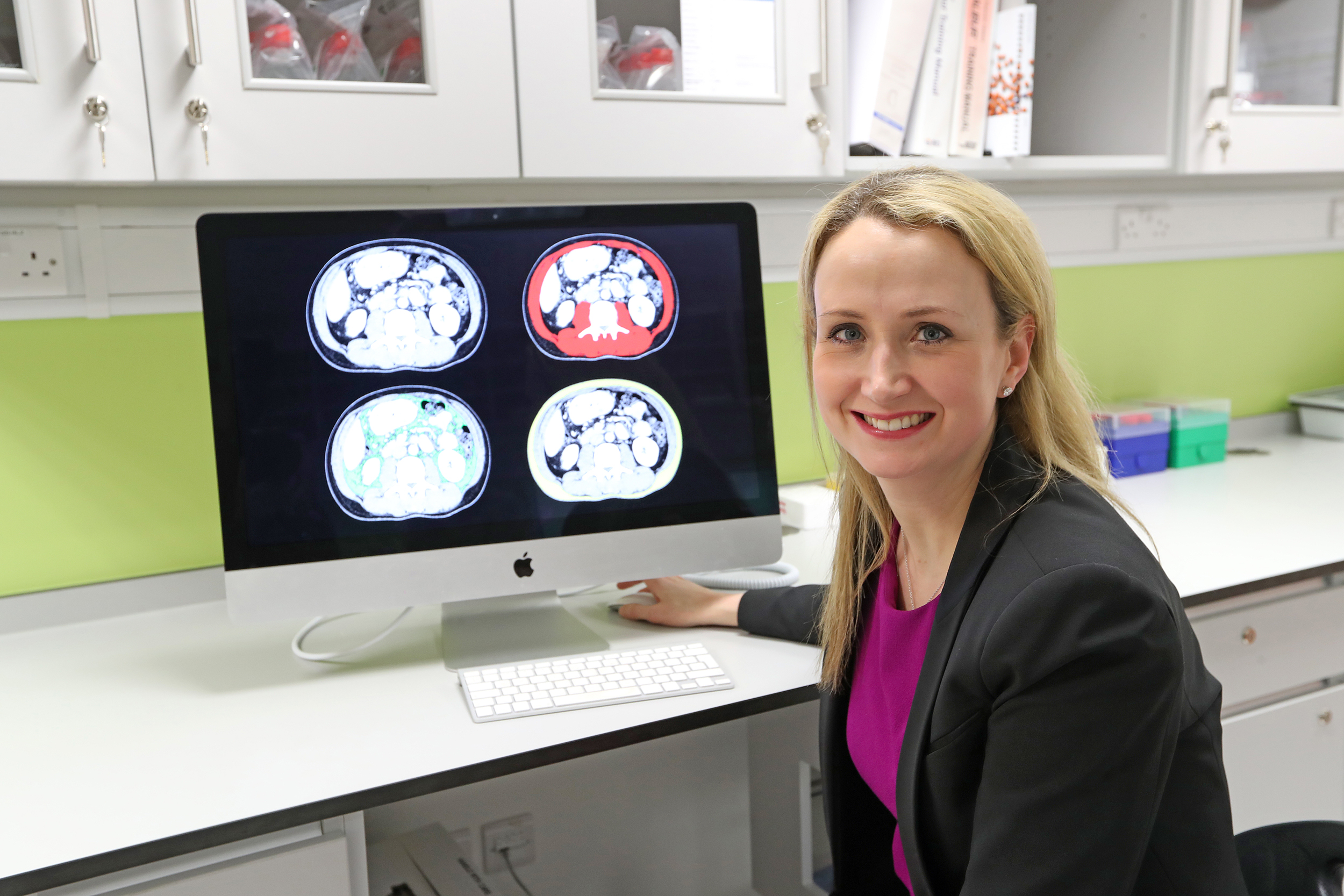Can a Ketogenic Diet Help in Treating Cancer?
It is not recommended to follow any restrictive diet if you have been diagnosed with cancer or while undergoing treatment.
Should I follow a Ketogenic diet?
No, neither the National Cancer Control Programme (NCCP) here in Ireland nor any other major cancer organisation recommends the ketogenic diet for cancer patients. It is also not advised for cancer prevention.
The Keto Diet and Cancer

What is the theory behind the ketogenic diet in cancer?
All our cells need energy for us to be able to breathe, move and survive. The fuel for energy comes from food. The preferred fuel for most of the body’s cells is glucose (sugar). Sugar is delivered to the cells from carbohydrates.
In the 1920s, a scientist called Warburg found that cancer cells fuel their growth by using large amounts of sugar. He saw cancer cells break down sugar for fuel in a different way than healthy cells. Cancer cells are less effective at making energy from sugar than healthy cells. This is called the Warburg effect (2).
If our body doesn’t have access to sugar, it will start to produce ketones from fat stored in our body. Healthy cells can use ketones for energy but cancer cells may not be able to use them as easily. The theory of the ketogenic diet attempts to deprive cancer cells of sugar.
Is there evidence for using a ketogenic diet in cancer?
Most claims about the benefit of the ketogenic diet and cancer are from studies on cells in test tubes (in-vitro) or animal studies (3). These types of studies are not considered good forms of research. The effects found in animals or cell studies are rarely reproduced in studies of humans (3).
The bottom line is that while good nutrition is important in cancer (and indeed to health in general), the reality is that no diet can cure cancer.
Adverse Effects of a Keto Diet

It is not advised to exclude whole food groups, such as carbohydrates from your diet during cancer treatment. Exchanging food groups or multi foods can increase your risk of nutritional deficiencies. It may also affect your ability to maintain weight during cancer treatment. This may have a negative impact on your treatment plan.
We recommend you maintain a stable weight during cancer treatment, even if you are overweight (5). This is because weight loss during cancer treatment can affect your body’s ability to cope with the treatment and the possible side effects (6).
References
- Martin-McGill et al. Understanding the core principles of a “modified ketogenic diet”: a UK and Ireland perspective. Journal of Human Nutrition and Dietetic. 2019; 32(3):385-90
- Oliveira CL, Mattingly S, Schirrmacher R et al. A nutritional perspective of ketogenic diet in cancer: A narrative review. J Acad Nutr Diet. 2018; 118:668-688
- Mak IW, Evaniew N, Ghert M. Lost in translation: animal models and clinical trials in cancer treatment. Am J Transl Res. 2014; 6(2):114-118
- World Cancer Research Fund(WCRF). Recommendations and public health and policy implications. 2018. American Institute for Cancer Research. Accessed 8/11/21; available https://www.wcrf.org/wp-content/uploads/2021/01/Recommendations.pdf
- Martin et al. Diagnostic Criteria for the Classification of Cancer-Associated Weight Loss. J Clin Oncol. 2015; 33: 90-99
- Ryan et al. Cancer-associated malnutrition, cachexia and sarcopenia: the skeleton in the hospital closet 40 years later. Proceedings of the Nutrition Soc.2016; 75: 199-211
Get in touch
Whether you want to talk to us about getting involved, share your story, or want to find out more about our research – even if you just want to say hello, we would love to hear from you!
 Contact
Contact









